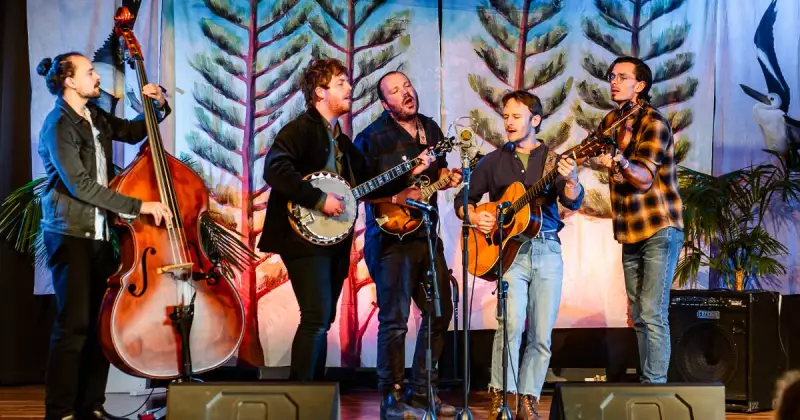
The vibrant Kiama Folk Festival, a cherished community tradition spanning nearly three decades, has been abruptly cancelled following the local council's decision to prohibit camping at the town's showgrounds.
End of an Era for Folk Music Lovers
Festival organisers made the heartbreaking announcement this week, revealing that the 2025 event cannot proceed without the camping facilities that have been integral to the festival's operations since its inception in 1998. The cancellation marks the end of a 27-year tradition that has drawn folk music enthusiasts from across Australia to the picturesque Illawarra region.
Council's Decision Forces Festival's Hand
Kiama Municipal Council's recent ban on camping at the showgrounds has effectively pulled the rug out from under the festival's feet. The organisers emphasised that camping wasn't just an add-on but the very backbone of the festival experience, providing essential accommodation for performers, volunteers, and attendees alike.
"The camping ban has left us with no viable path forward," a festival representative stated. "The festival's unique atmosphere, built around the community camping together, simply cannot be replicated elsewhere."
Community Reaction and Economic Impact
The cancellation has sent shockwaves through the local community and the broader Australian folk music scene. The festival has been a significant economic driver for Kiama, bringing thousands of visitors to the region each year and providing substantial support to local businesses.
Local accommodation providers, restaurants, and shops now face the loss of this valuable annual influx of visitors during what has traditionally been a peak tourism period.
What This Means for Australian Folk Culture
The Kiama Folk Festival has been more than just an event – it's been a cultural institution that has:
- Showcased emerging and established Australian folk artists
- Provided a family-friendly festival experience
- Supported local musicians and craftspeople
- Preserved folk traditions for new generations
Looking to the Future
While the current situation appears bleak, festival organisers haven't completely closed the door on the possibility of a future return. However, they've been clear that any revival would require either a reversal of the camping ban or the identification of an alternative venue that can accommodate the festival's unique needs.
The cancellation serves as a stark reminder of how council decisions can profoundly impact cultural events and community traditions that have taken decades to build.





